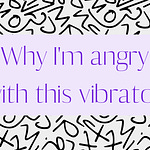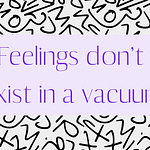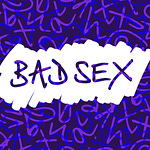At the start of the month a story came out that Stonewall had (amongst other things) recommended that employers signed up to their Diversity Champions scheme replace the word “mother” in their HR policies and internal communications with more inclusive language. Suggestions included “pregnant parent” and “parent who has given birth.”
When I first saw the…










